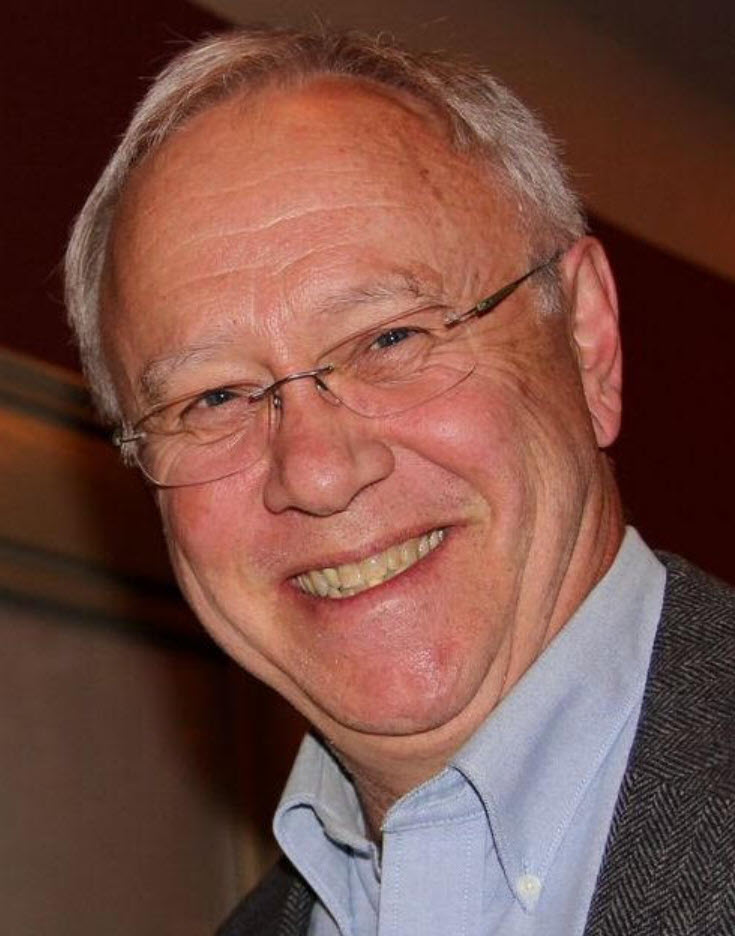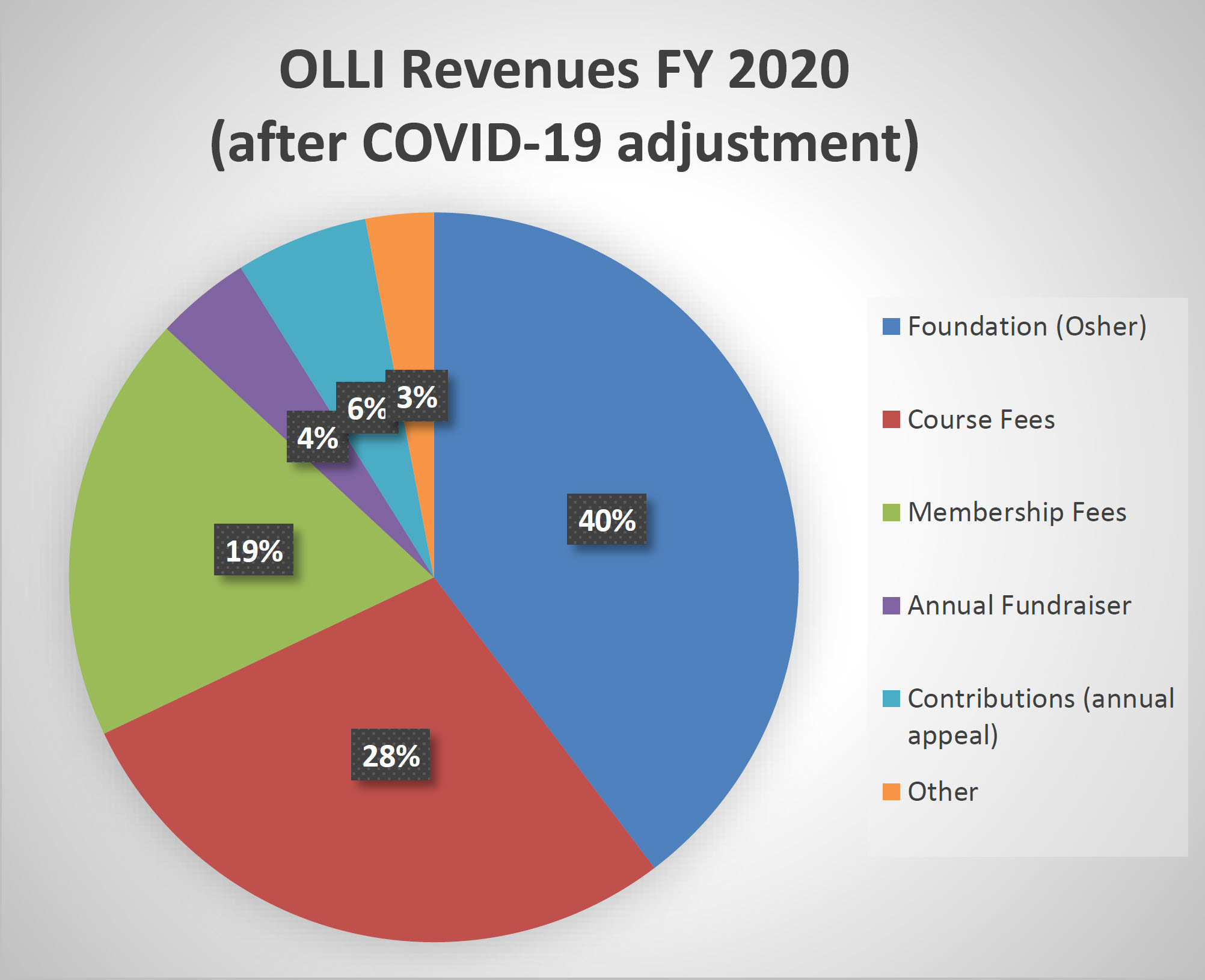 What Makes OLLI Tick?
What Makes OLLI Tick?
Many OLLI members are old hands, having attended OLLI classes and events for years. For newer members though, some OLLI basics may not be apparent. As a reader of this newsletter, you may already know a great deal about OLLI courses and events. If not, you can explore our website. Also, don’t forget to look into OLLI’s informal Shared Interest Groups (SIGs) which meet like clubs on a wide variety of topics.
OLLI is descended from the Berkshire Institute of Lifelong Learning (BILL), a nonprofit that began offering courses for adults in the 1990s. BILL was a very ambitious program, and its success soon generated a demand for paid staff and office space. BILL then sought and received a large capital grant from the Bernard Osher Foundation to help pay those costs.
The Osher grants produced two fundamental changes. First, in 2007 BILL affiliated with Berkshire Community College, and became the Osher Lifelong Learning Institute at Berkshire Community College. Each side signed an agreement in 2007 that defined this new relationship. Then in 2009 the Osher Foundation provided the first of what ultimately became two gifts of $1 million, to the Berkshire Community College Foundation (BCCF), to be used only for OLLI.
OLLI expects to receive about $290,000 in revenues this fiscal year (FY 2020, pandemic adjusted). Revenues come from numerous sources, as shown in the pie chart below. Proceeds from the Osher grant money make the largest contribution. Last fall our capital balance ran somewhat larger than the $2 million originally given by Osher, but it has fallen during the pandemic outbreak and is still subject to daily fluctuations. This fund is still held by Berkshire Community College Foundation, and the OLLI Finance Committee meets periodically with the BCCF trustee to review existing investment practices.
Among the remaining revenue sources, course fees and membership fees make up almost half the budget. Fundraising activities and appeals, taken together, generate about $30,000, and this revenue helps OLLI to keep fees affordable.

Staff is OLLI’s greatest expense, accounting for almost three-fourths of the budget. Other major expense categories include printing, postage and advertising.
OLLI bylaws create a Board of Directors, which can be as large as 19 people, and which comprises a president, Barbara Lane, a vice-president, Gordon Josephson, the immediate past president, Peter Bluhm, a secretary, Sandi Rubin and treasurer, Lenny Tabs. The rest of the directors serve “at large.” Board members are identified online at https://berkshireolli.wildapricot.org/OLLI-Board.
Under the 2007 Agreement with BCC, the board is the “principal governing body” of OLLI, although it always works in conformance with BCC policies and in close cooperation with the college, its foundation and OLLI’s committees.
BCC and OLLI have a mutually supportive relationship. OLLI benefits include free classroom and office space, as well as accounting, human resources and audio-visual support. In return, OLLI members act as mentors to BCC students, and OLLI makes small annual contributions to the college library. Less directly, OLLI provides BCC an opportunity to involve more members of the Berkshire community in its programs.
OLLI also has cooperating relationships with other Berkshire colleges, including Williams College, Massachusetts College of Liberal Arts, and Bard College at Simon’s Rock. These institutions have generously provided both instructors and classroom spaces in the past at no cost to OLLI.
For several years, OLLI has run a leadership academy, and depending on the status of the global health crisis, an academy will be held again over three days in June. If you are interested in learning more about OLLI, and might like to become more involved, contact a board member to discuss attending this academy.
More than 120 OLLI organizations operate around the country. They vary in size and structure and offer different types of programs. But they are all tied by their connection to the Osher Foundation – created by the philanthropist Bernard Osher, and by the universal joy all members feel for the learning experience.
Peter Bluhm and Barbara Lane
